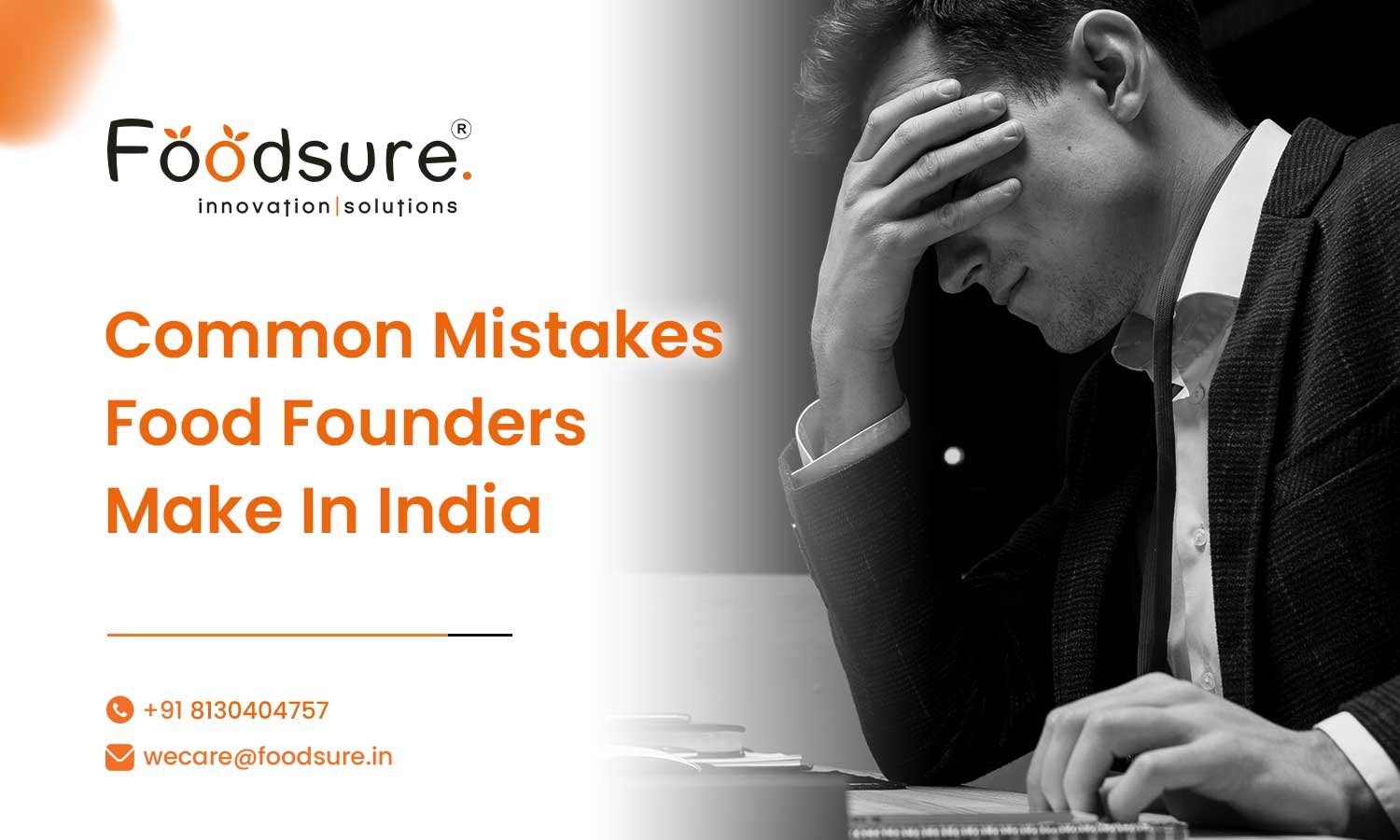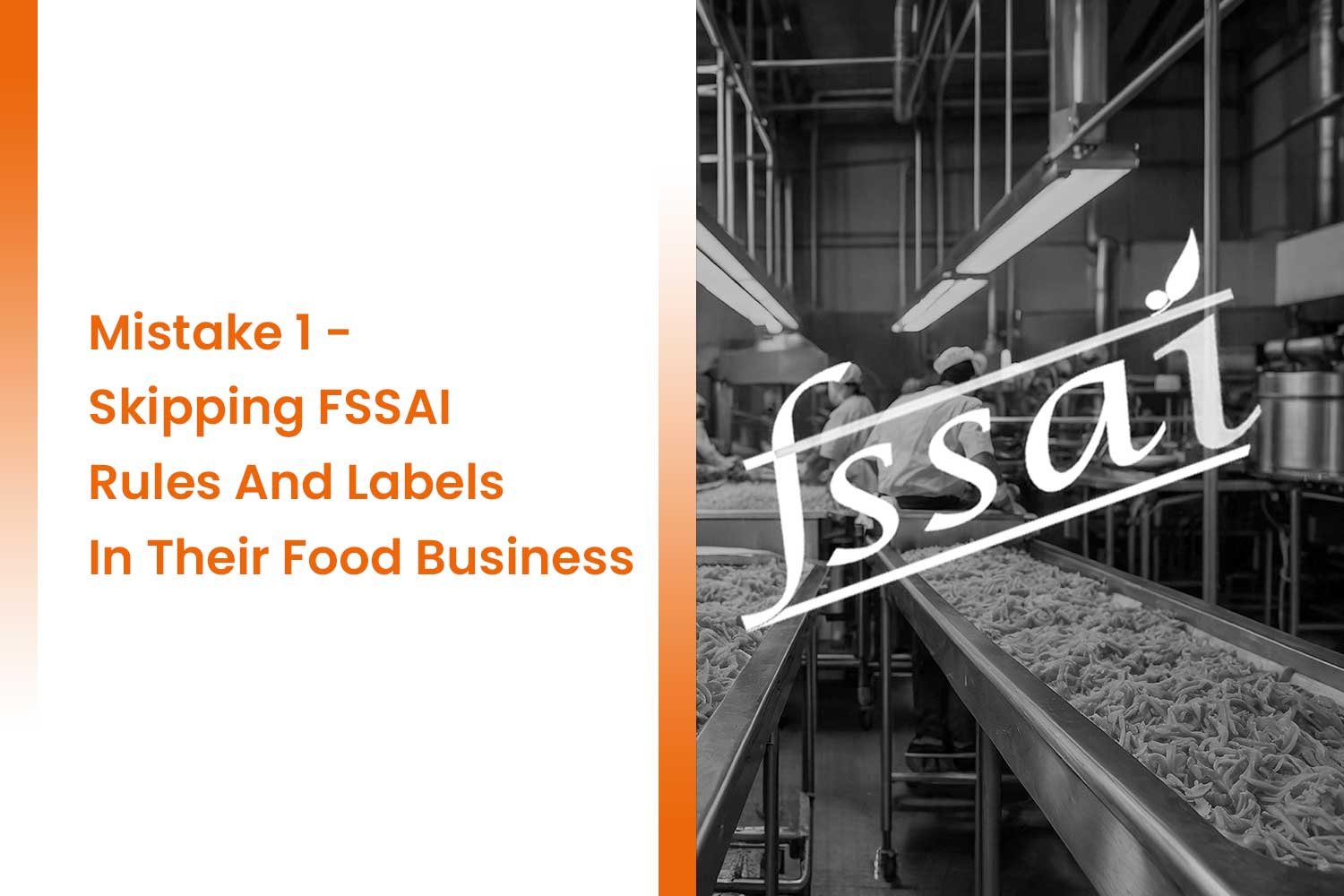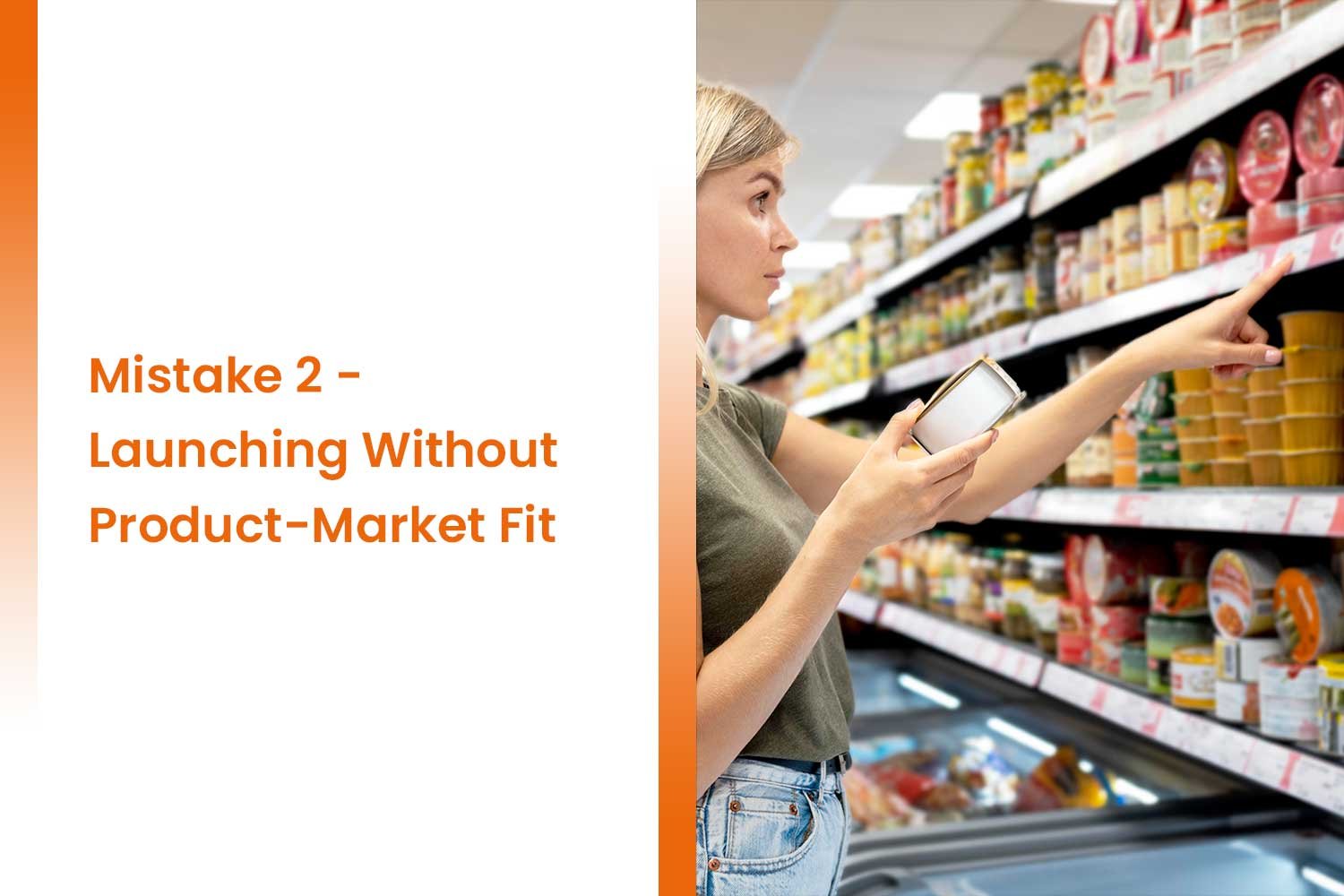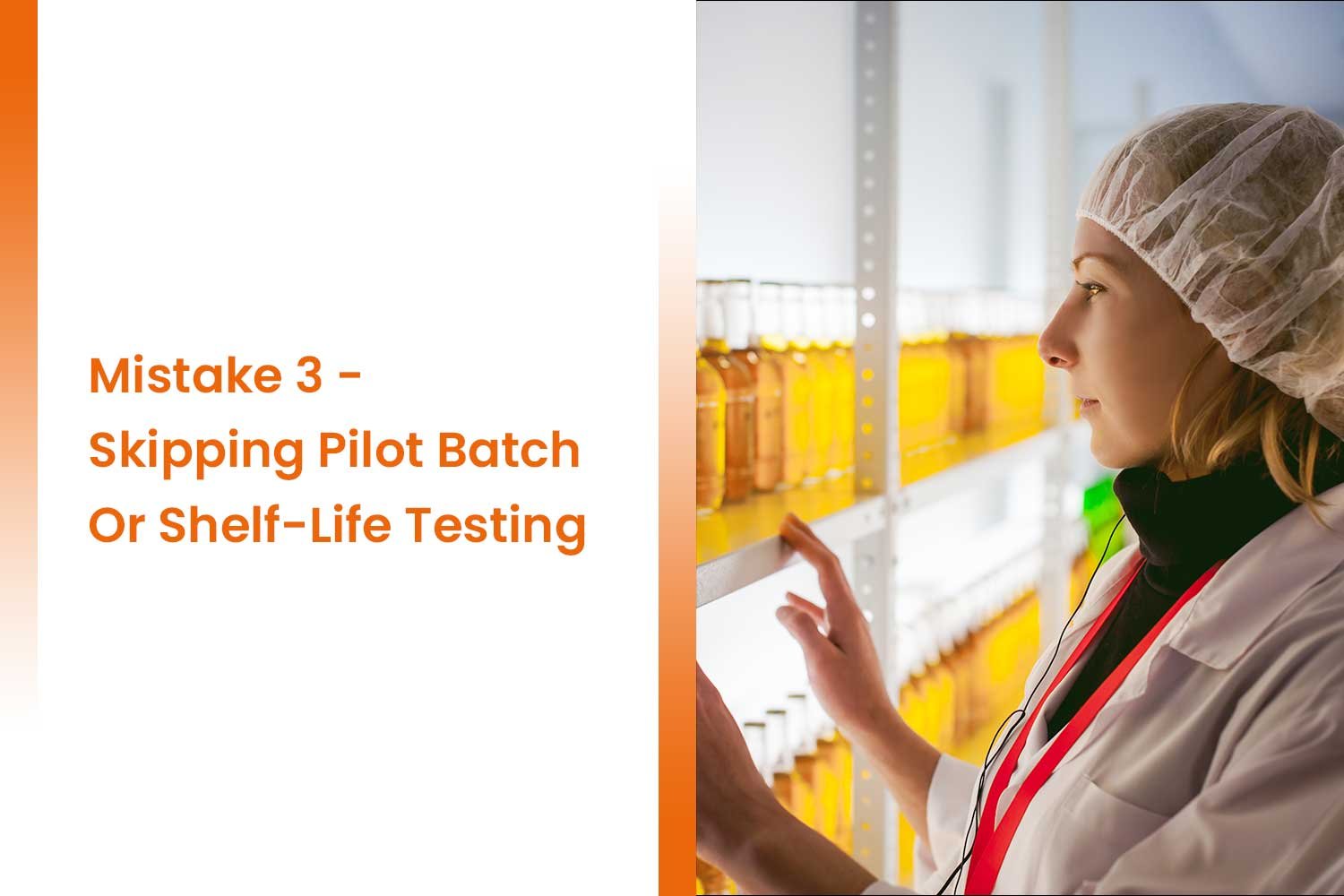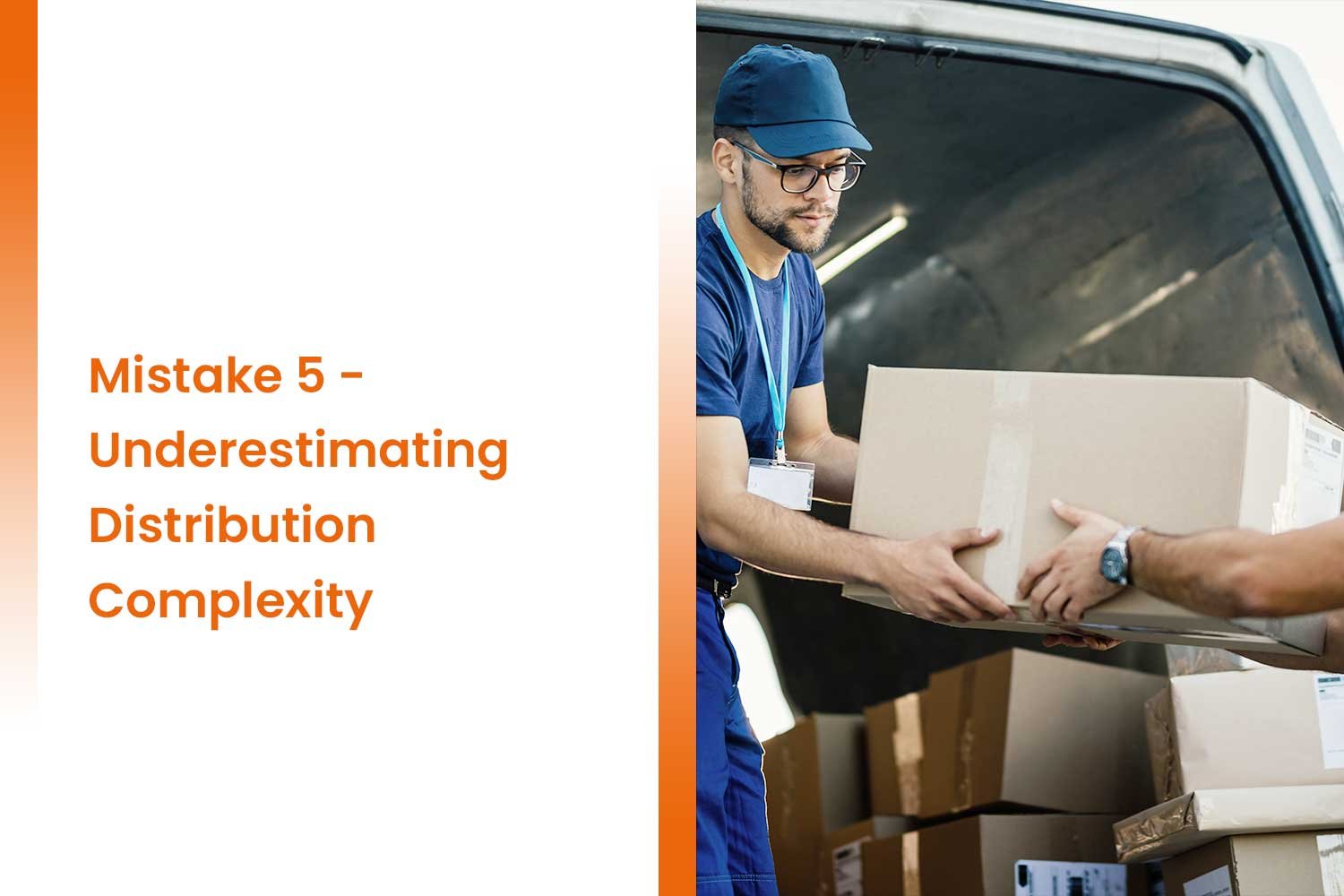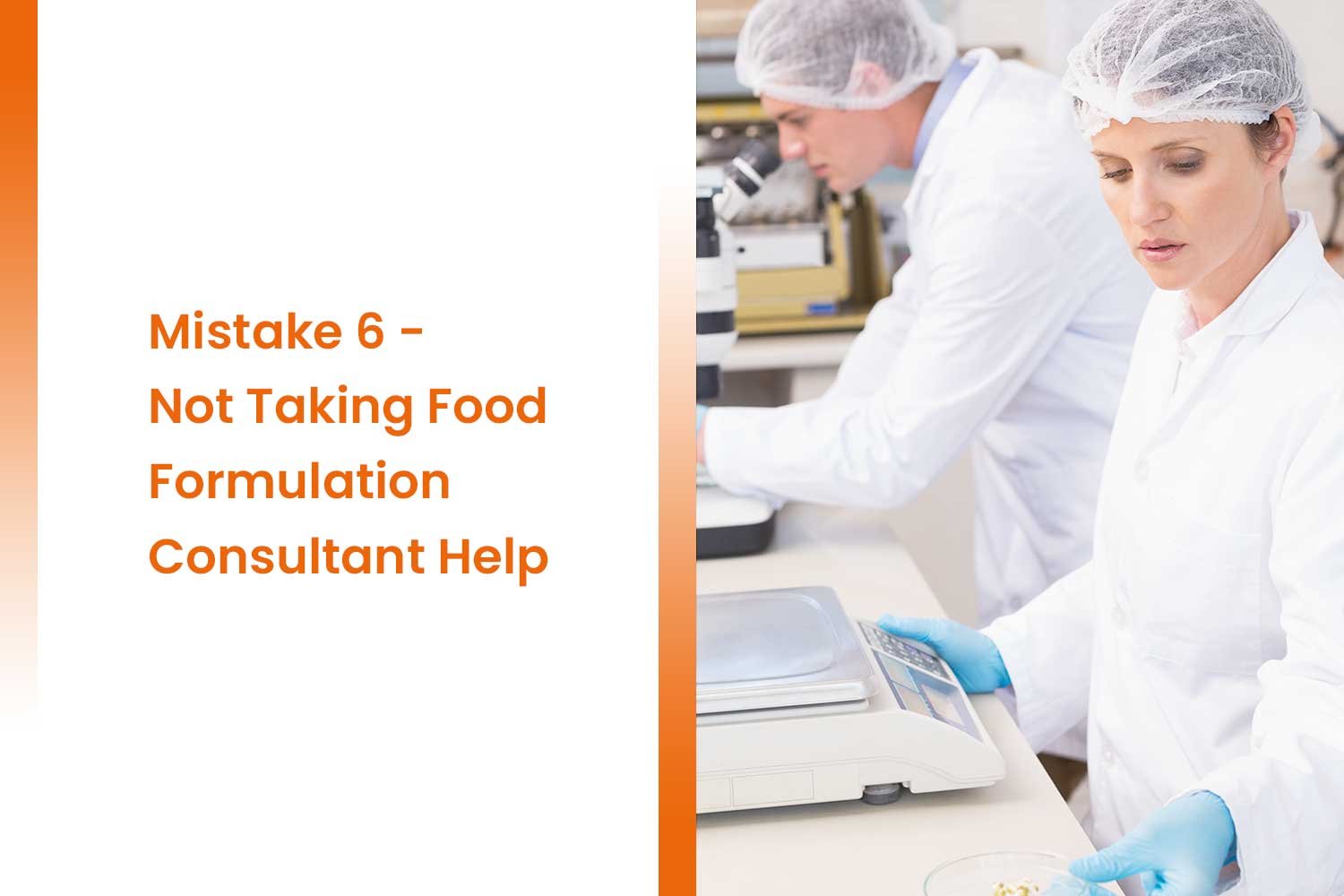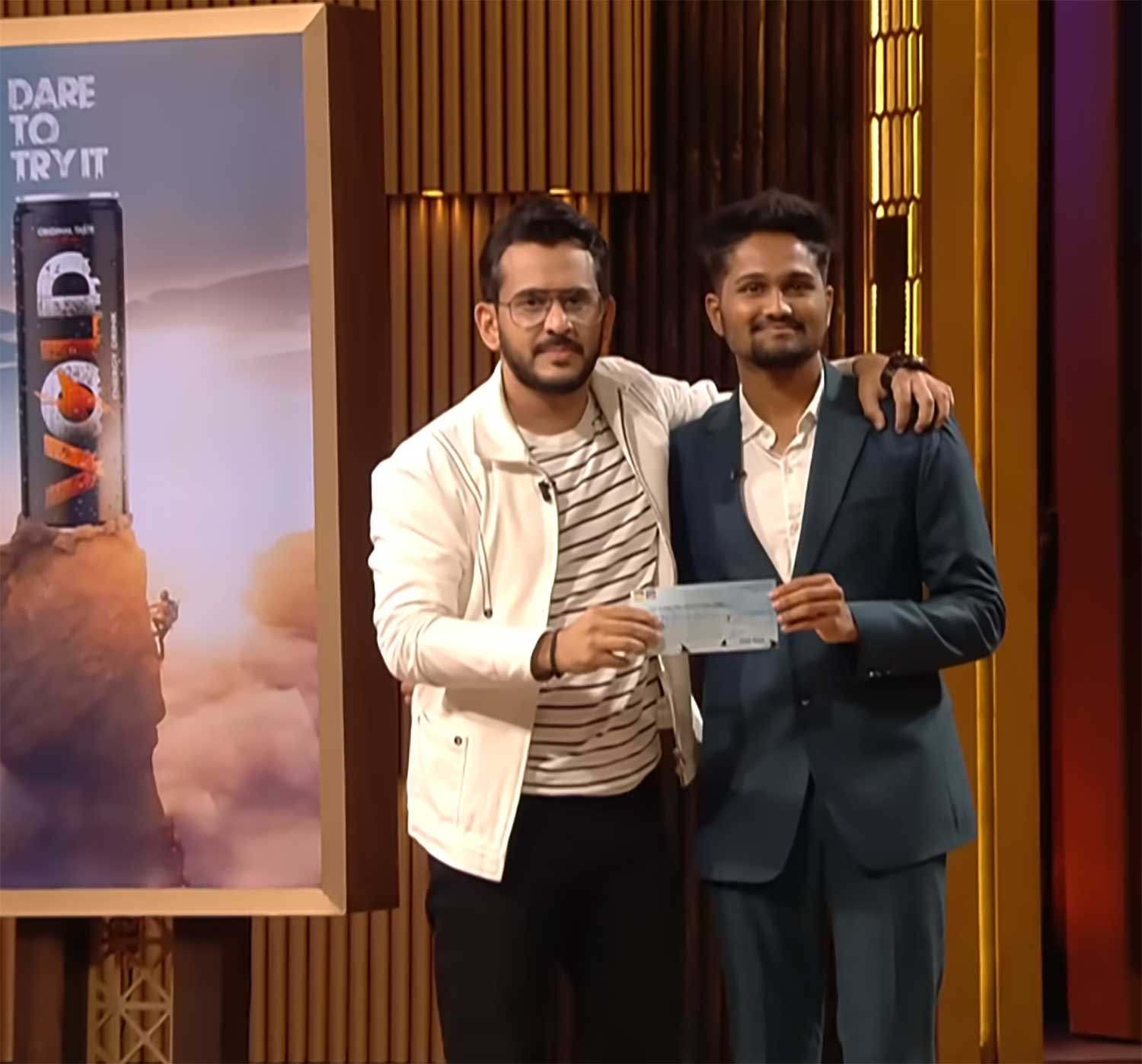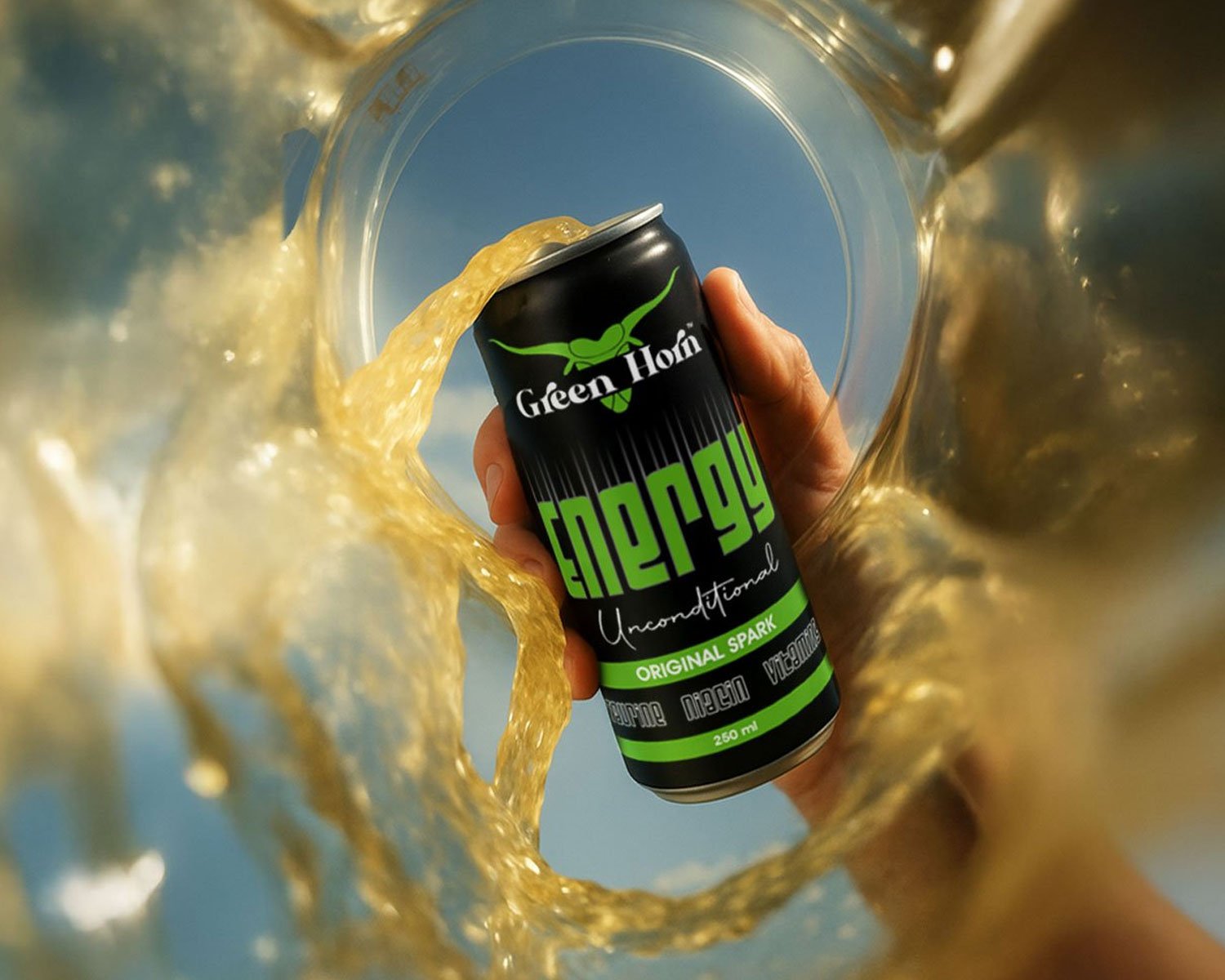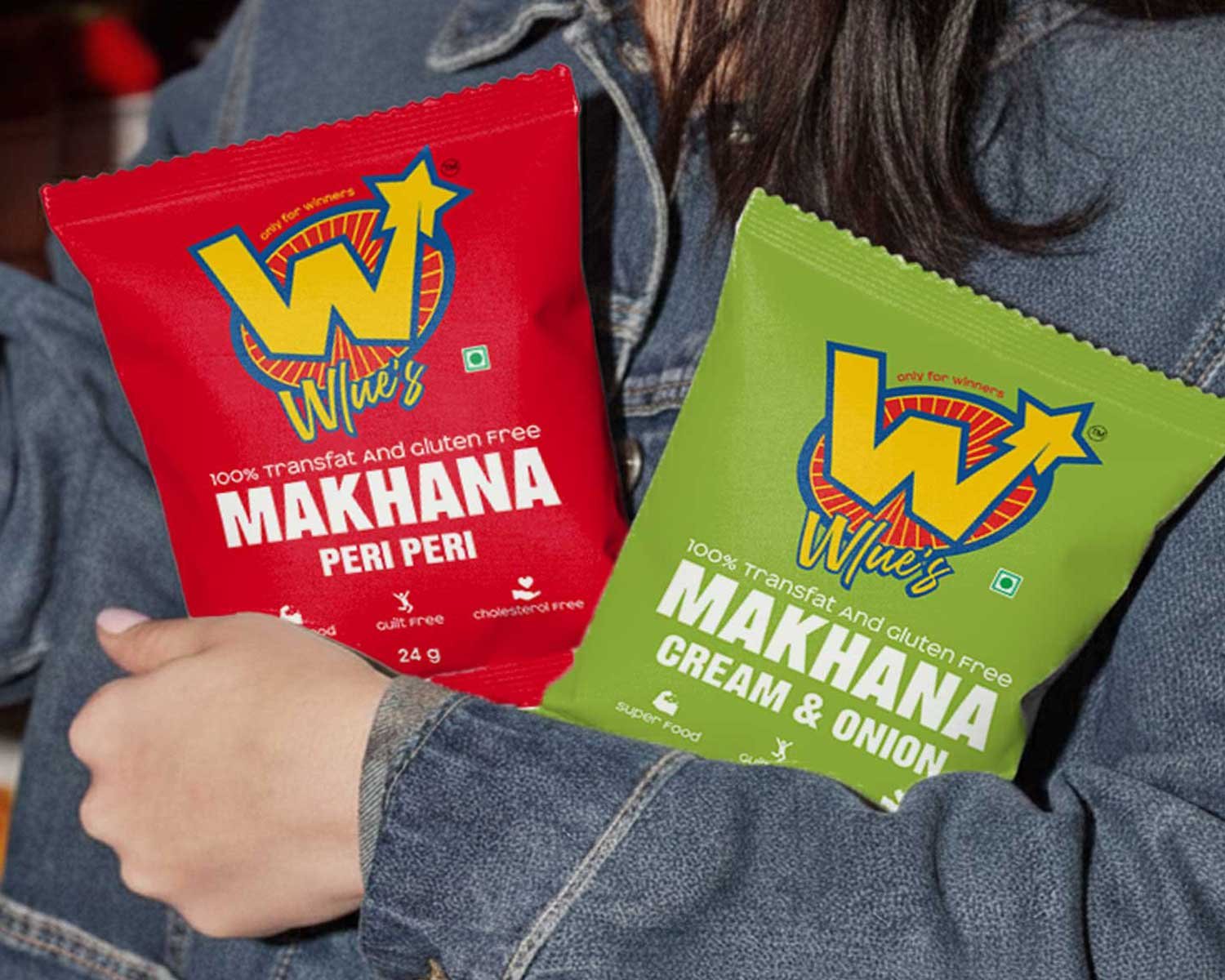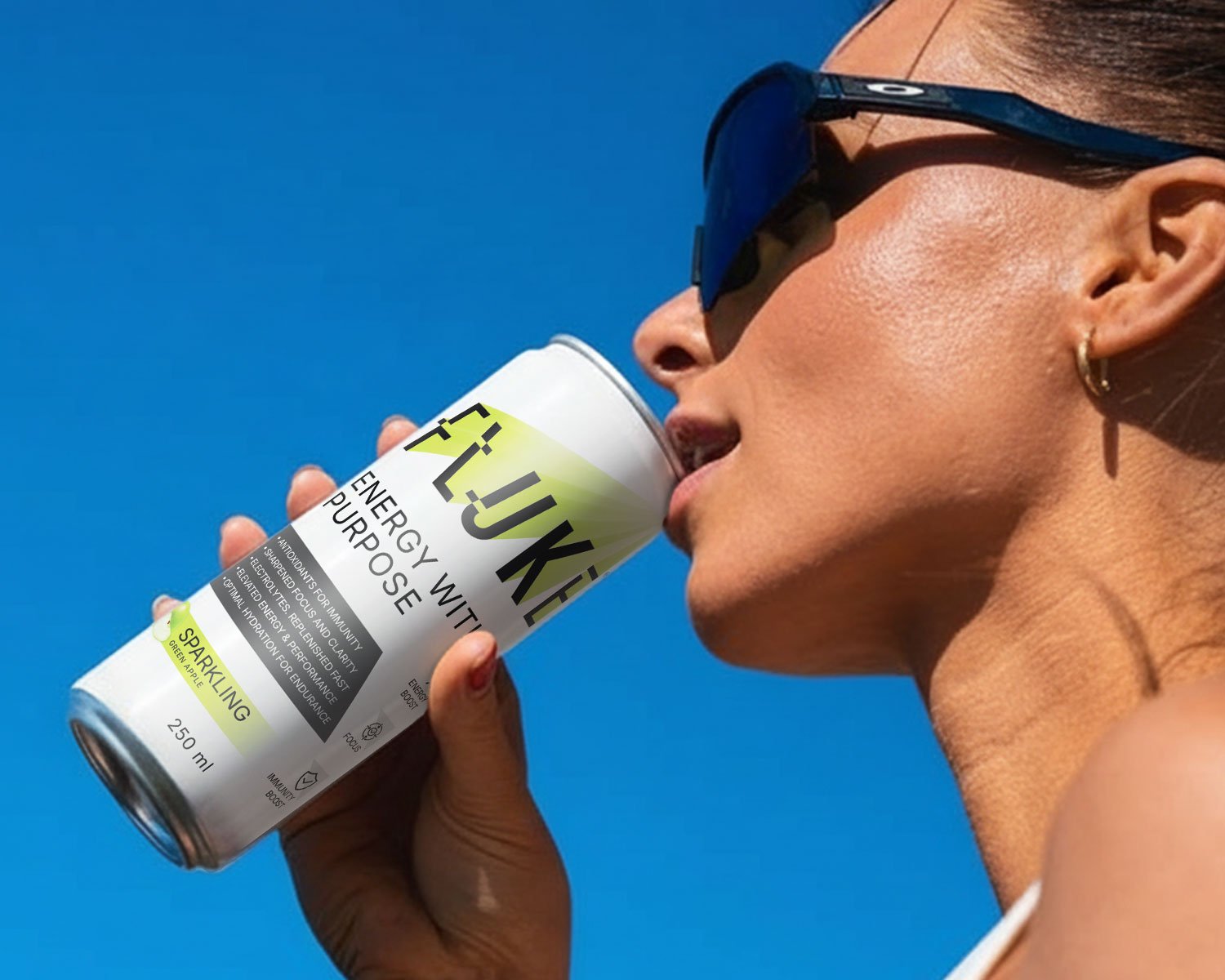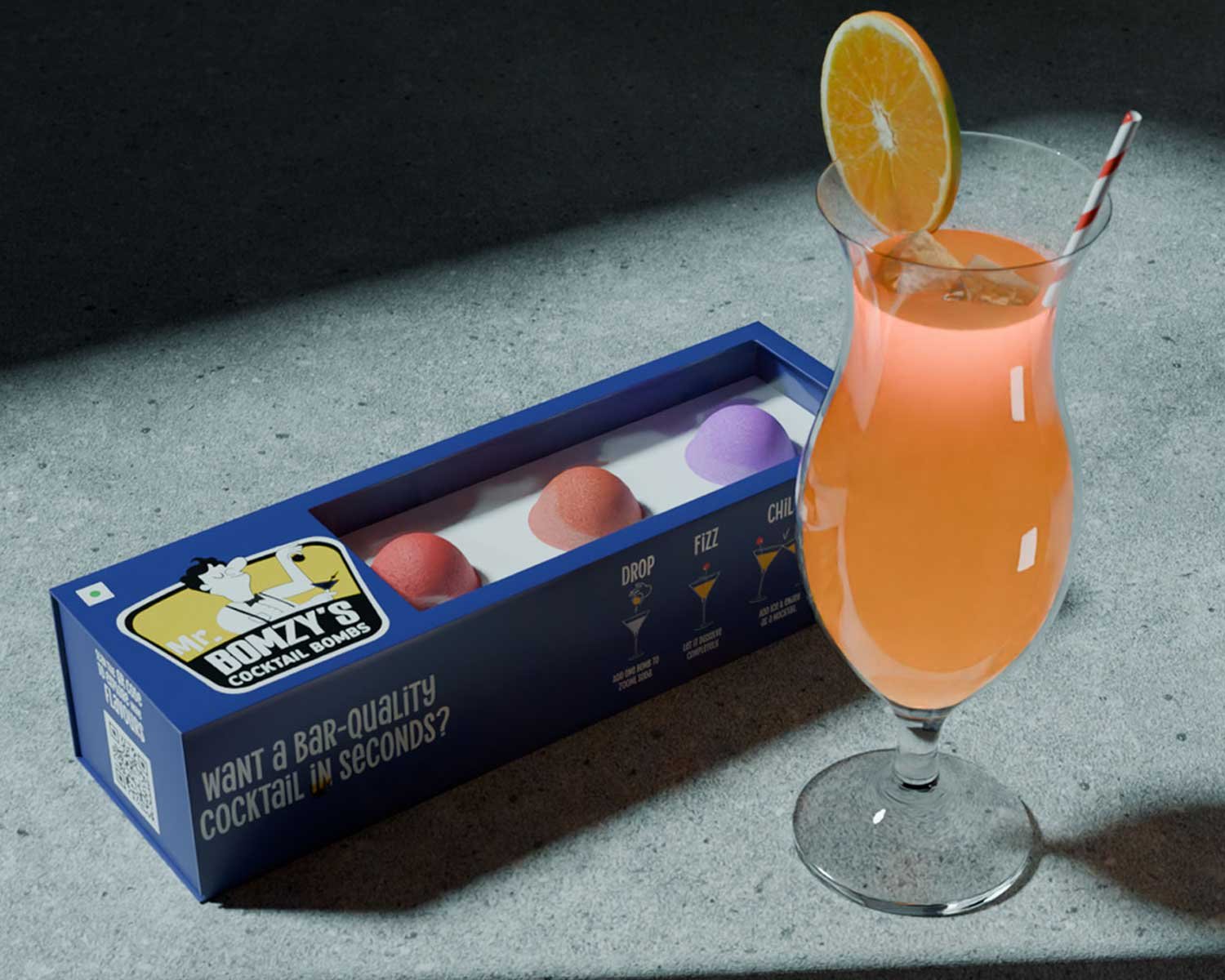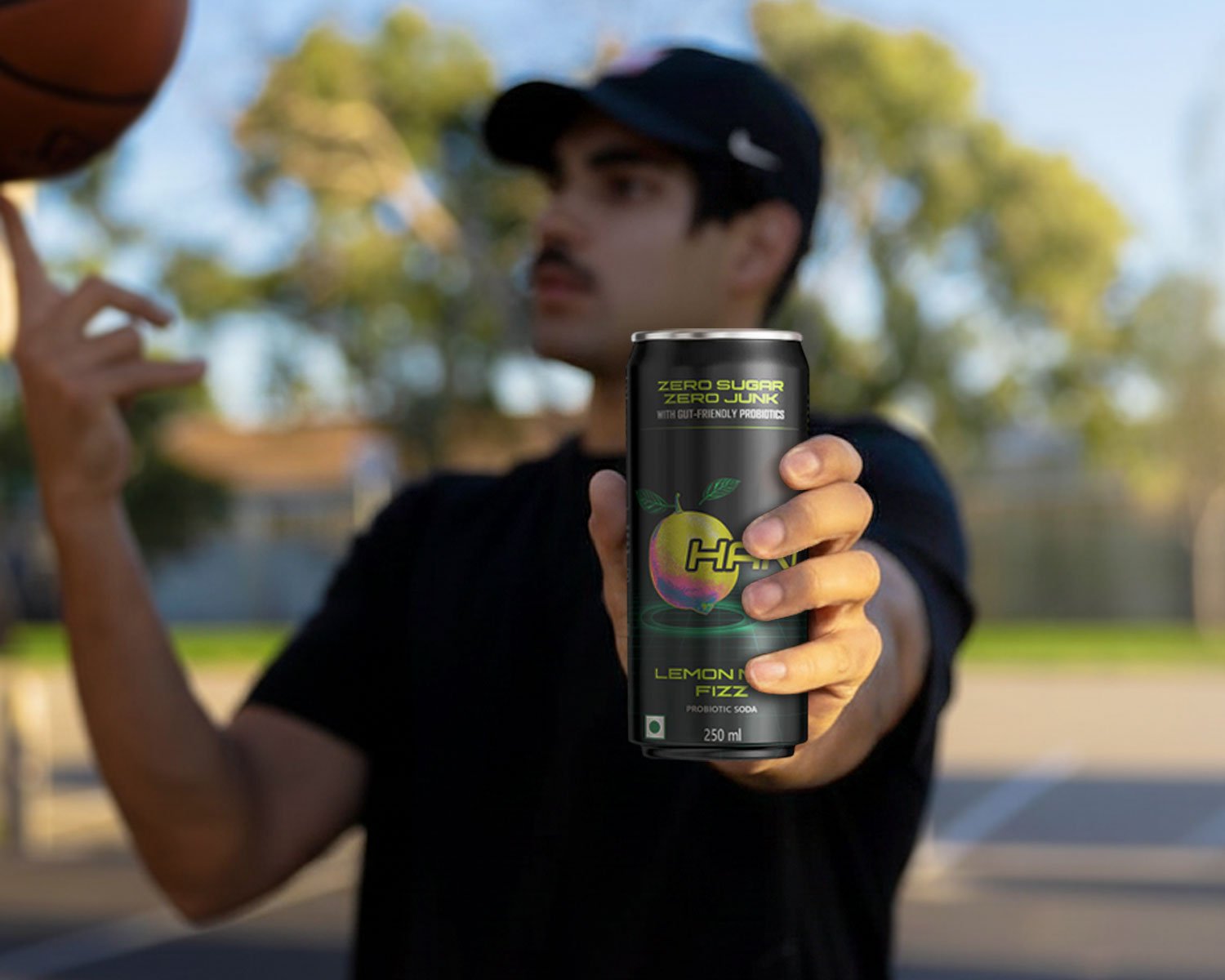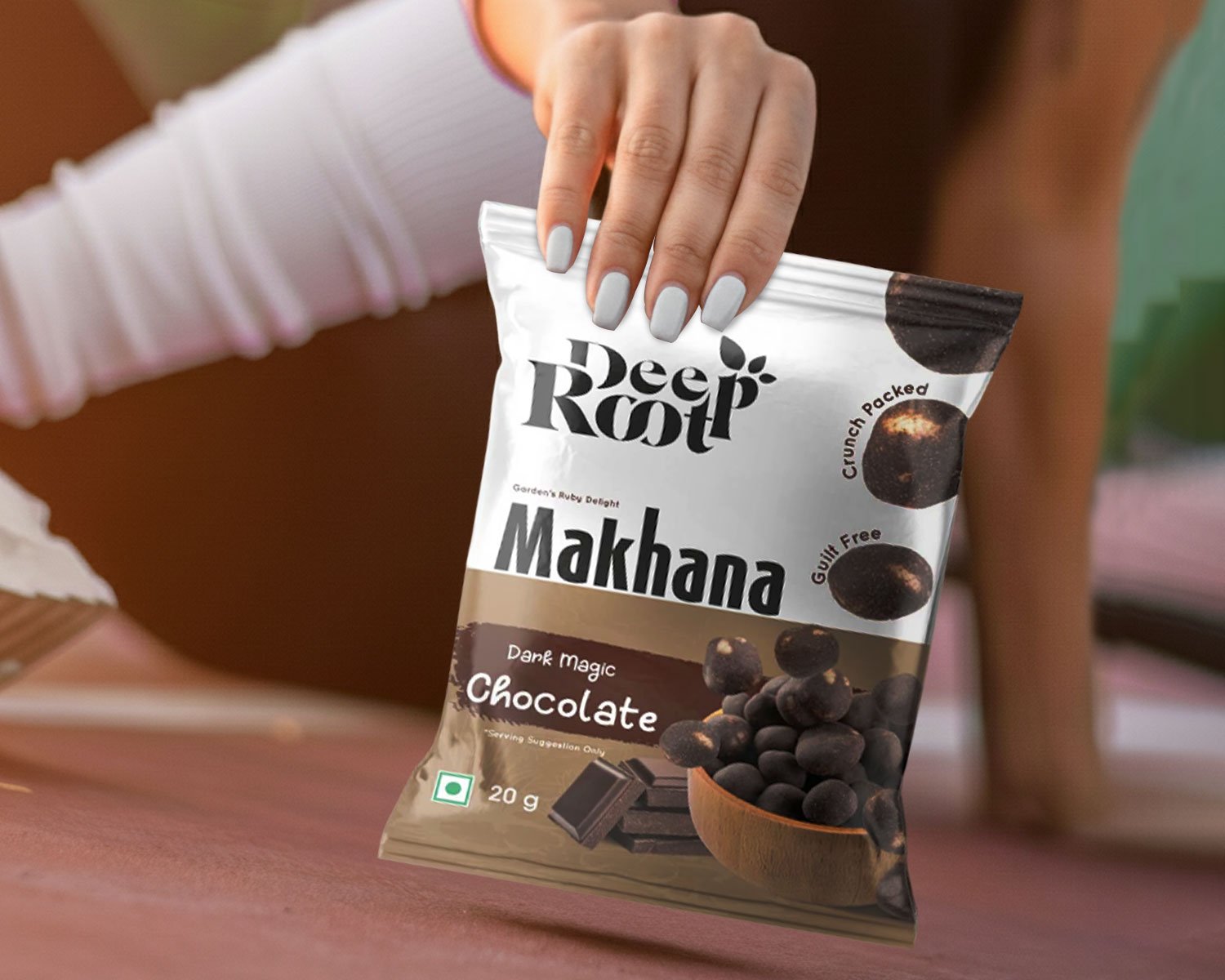The food startups in India are packed with full of ambition, innovations, and struggles. Many people want to build the next big thing in the food industry. But these come with several challenges, some are easy to sort while others are hidden and happen because of wrong assumptions or missing some major steps. Most mistakes don’t happen because food founders are not creative or hardworking. They mostly happen when food startups ignore the science behind food, don’t understand the market properly, or skip the research and planning part.
Every choice you make at the start can affect your business for a long time. This blog will talk about the most common mistakes food founders make in India and give you expert tips and scientific advice to avoid them. With the right knowledge, you can go from launching your product to building a successful business that lasts.
Mistake 1 - Skipping FSSAI Rules And Labels In Their Food Business
“Compliance is not paperwork; it’s your ticket to safe retail entry. A wrong nutritional label or missing license can shut down your entire launch.” — FSSAI Legal Consultant.
What should it include?
- Your label must list ingredients, nutritional value, net weight, batch number, and any allergens.
- Claims like “high protein,” “sugar-free,” or “low fat” need certified lab reports.
How to do?
- Get your product tested at a NABL-accredited lab to confirm nutritional values.
- Have your label reviewed by a food compliance consultant before printing and distributing.
- Make sure your FSSAI compliance for new food businesses matches your product category and manufacturing setup.
Avoid Costly Mistakes – Launch Your Food Brand the Right Way
Mistake 2 - Launching Without Product-Market Fit
A lot of food startups are built on passion, but this does not guarantee that people will want to buy your product. Product-market fit means your food fills a gap, connects with the right customers, and keeps them coming back. If that doesn’t happen, launching a new food brand in India could fail.
“If customers aren’t buying again, the problem is not marketing, it’s the product-market mismatch”— FMCG Growth Advisor.
What should it include?
- You have spent big on packaging or ads, and still see slow sales if your product doesn’t truly click with customers.
- Things like wrong price, off taste, or poor portion size can turn people away.
How to do?
- Start small, test your product with a real audience before expanding.
- Do food product market research India to track who buys, who returns, and what they say.
Avoid Costly Mistakes – Launch Your Food Brand the Right Way
Mistake 3 - Skipping Pilot Batch Or Shelf-Life Testing
The most dangerous mistake new brands make is assuming their product will stay fresh just because it’s in the fridge or has some preservatives. This can result to spoilage, customer complaints, and even health risks.
“Shelf life is not just a guess, it’s governed by pH, water activity, microbial load, and how your packaging performs.”— Food Technologist.
What should it include?
- Moisture-rich products can build up the microbes in your food.
- A pH above 4.6 can allow harmful bacteria to grow.
How to do?
- Monitor food product shelf life by testing product changes weekly, looking for off smells, color shifts, texture breakdown, and microbial growth.
- Adjust recipe, pH, or packaging based on test results before going to market.
Mistake 4 - Pricing And Costing Misjudgments
Pricing a product just because competitors charge a similar amount can be dangerous. If you haven’t broken down every cost involved in making and selling your product, it can put you in trouble.
“You’re not profitable if you make a product for ₹60 and sell it for ₹100. After retail margins, you might be losing ₹10 per unit.”— Financial Analyst
What should it include?
- The actual cost includes raw materials, packaging, labor, wastage, delivery, storage, and more.
- Once retailers, distributors, or marketplaces take their share, your profit might be far lower than you expected.
How to do?
- Do a pricing strategy for food products in India by listing every cost per unit, including hidden ones like spillage, product returns, or marketing.
- Review costs regularly to make smarter sourcing and pricing decisions.
Mistake 5 -Underestimating Distribution Complexity
“You need the right route-to-market strategy or your product will sit in warehouses while competitors own the shelf.”— FMCG Distribution Strategist.
What should it include?
- Distributor margins, delays, and return policies can quietly shrink your profits.
- If you don’t manage stock well, you risk product losses, spoilage, or stockouts at the wrong time.
How to do?
- Understand costs for each channel: transport, warehousing, delivery, and damage.
- Talk to a supply chain or food product development consultant before scaling up.
Avoid Costly Mistakes – Launch Your Food Brand the Right Way
Mistake 6 - Not Taking Food Formulation Consultant Help
Running a food startup is challenging to handle from product development to packaging to compliance. Many founders try to save money by doing everything themselves and not hiring a food technologist for startups, and end up wasting time, making mistakes, and slowing down their growth.
“Wearing every hat slows you down. Without food formulation experts, your decisions are guesswork.”— Food Startup Consultant.
Read Blog: Food Technology Consultant In India
What should it include?
- No one can be an expert in everything; food formulation, law, packaging, and marketing all need deep knowledge.
- Small mistakes in any one area, like a wrong pH, incorrect label, or bad seal, can ruin batches or delay launches.
- Light sensitivity
How to do?
- Food startup consultant India helps in formulation, shelf life testing, packaging design, and FSSAI compliance.
- Focus on the core, vision, brand building, and growth, while specialists handle the rest.
Your Recipe Has Potential. Let’s Give It Power Together
Great food brands don’t succeed by chance. They grow because every step, food recipe, packaging, pricing, and shelf life needs real feedback, smart decisions, and expert guidance. If you’re ready to stop second-guessing and start building with clarity, this is your moment.
Work with people who know the food space inside out. We help founders get the basics right and scale without losing quality or focus. Let’s connect. Get expert help and turn your food idea into a product people trust and love to buy. Contact us on +91 8130404757
FAQs
A beverage product development consultant helps turn your drink idea into a finished, shelf-ready product. They guide you through ingredient selection, formulation, stability testing, regulatory compliance, and production scale-up to make sure that your beverage is safe, functional, and commercially viable.

